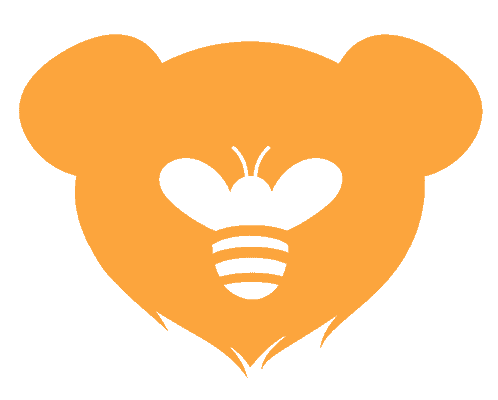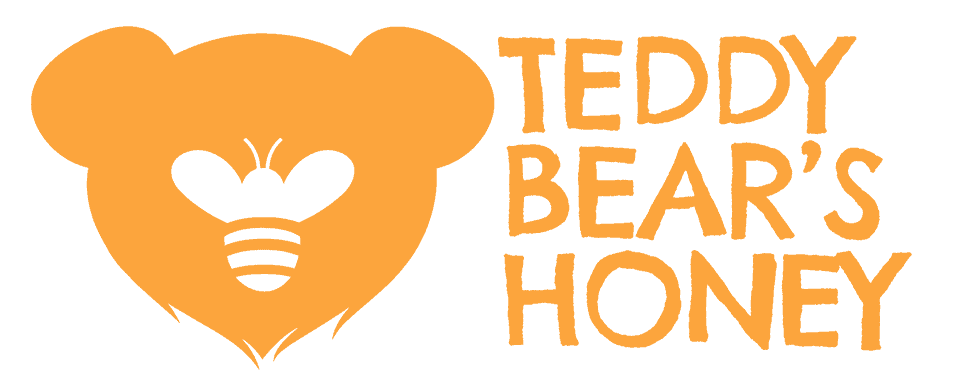Regardless of what it is, stale bread, a half-gallon of milk that has gone sour, or vegetables that are no longer fit for consumption, food wastage is something we should desperately try to avoid. Products sometimes pass their expiration date, and there is nothing we can do but toss them in the trash. But what about honey? That sweet, delectable, golden liquid we all enjoy so much.
Honey does not have an expiration date; this sweetener that contains antioxidants, antibacterial proteins, and healthy enzymes can spoil if foreign elements are added. If it is kept sealed in an airtight container, out of sunlight. Away from excessive moisture, it will not expire.
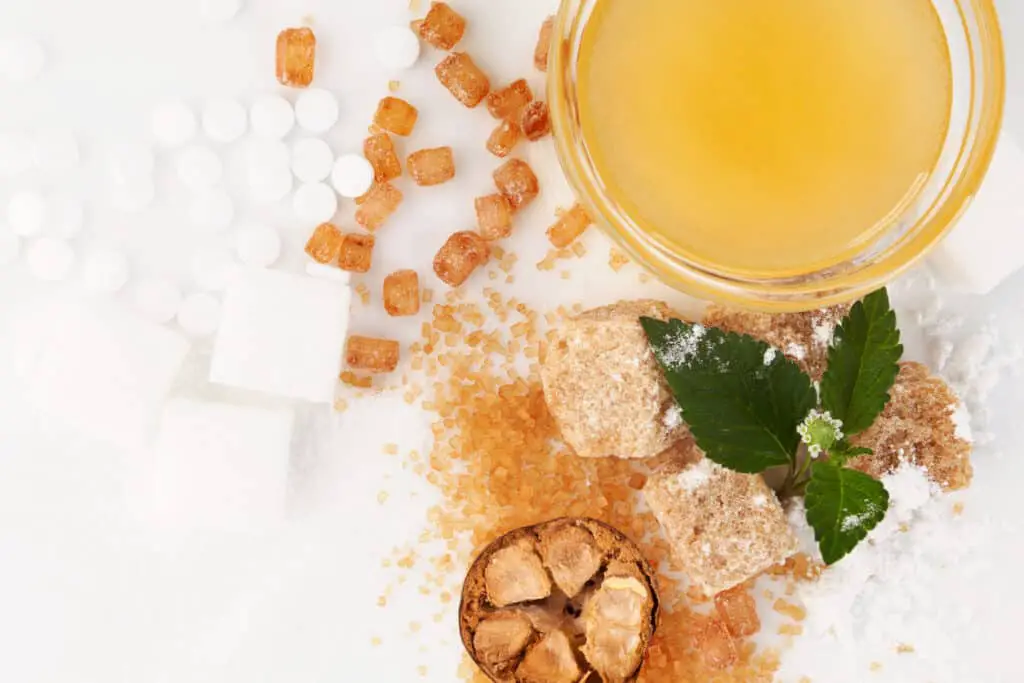
Over time, honey may change color slightly or crystallize, but this does not mean that it has gone bad. Honey is edible indefinitely, and unlike many other food products, it does not have an expiration date. It may not be as fresh after extended periods, but even if you take honey out of the cupboard years later, it will still be perfectly fine to consume. To find out more, read on.
Does Honey Ever Expire?
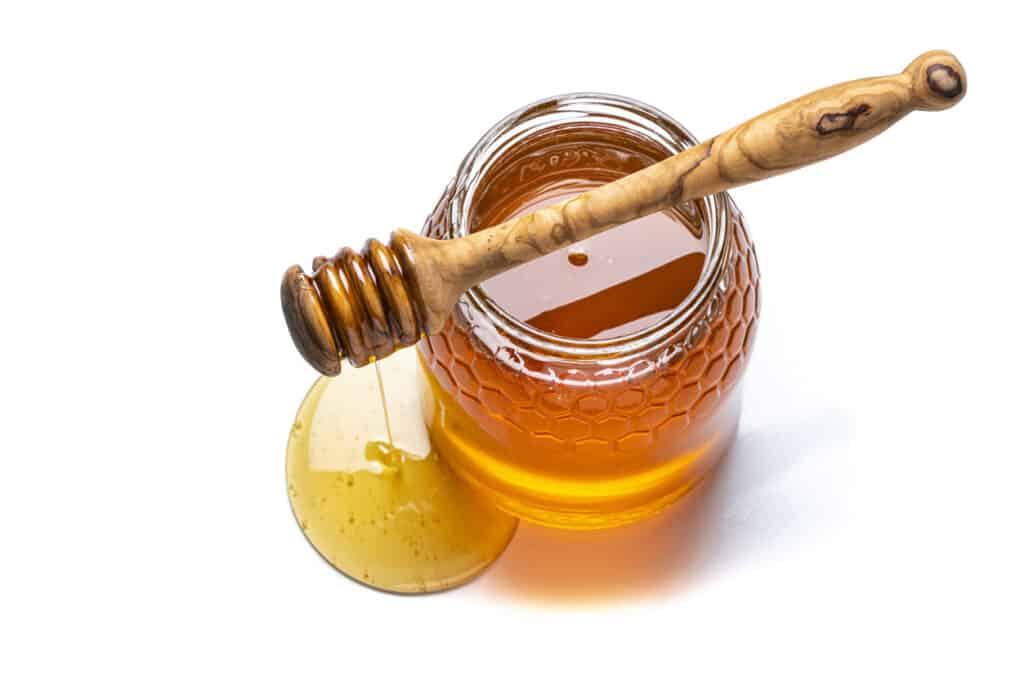
Many people keep honey in their kitchen cupboard as it is a delightful sweetener that is good for foods and drinks, and what is best about it is that it is entirely natural if it is raw honey. So we have established that you will not have to worry about your honey going bad, and what is also beneficial is that to store it long-term, there are no complicated steps.
Honey’s extensive shelf life is owed to many factors, such as its high (natural) sugar content. It is also a stable food that is not easily affected by external factors, and if you store it correctly, you can expect a single bottle to last you for ages. In the next section, we shall look at expiration dates, but you will notice that honey producers do put a “best by” date on the bottles.
This period is usually indicated to be about 2 years. Still, according to the National Honey Board, this is primarily done for practical reasons, and they do state that honey can last for decades or even centuries (if you could wait that long to enjoy its sweetness). Ultimately the “shelf life” comes down to the means of manufacturing.
We shall get into this in detail, but there is raw, pasteurized, and a difference between the two. Also, the packaging the honey is bottled in (its material) could affect its overall quality over time. Additionally, how you store it influences it as well. Over time you may find that the flavor and aroma change slightly, but this does not mean it is spoilt.
Why Is There An Expiration Date On Honey Bottles?
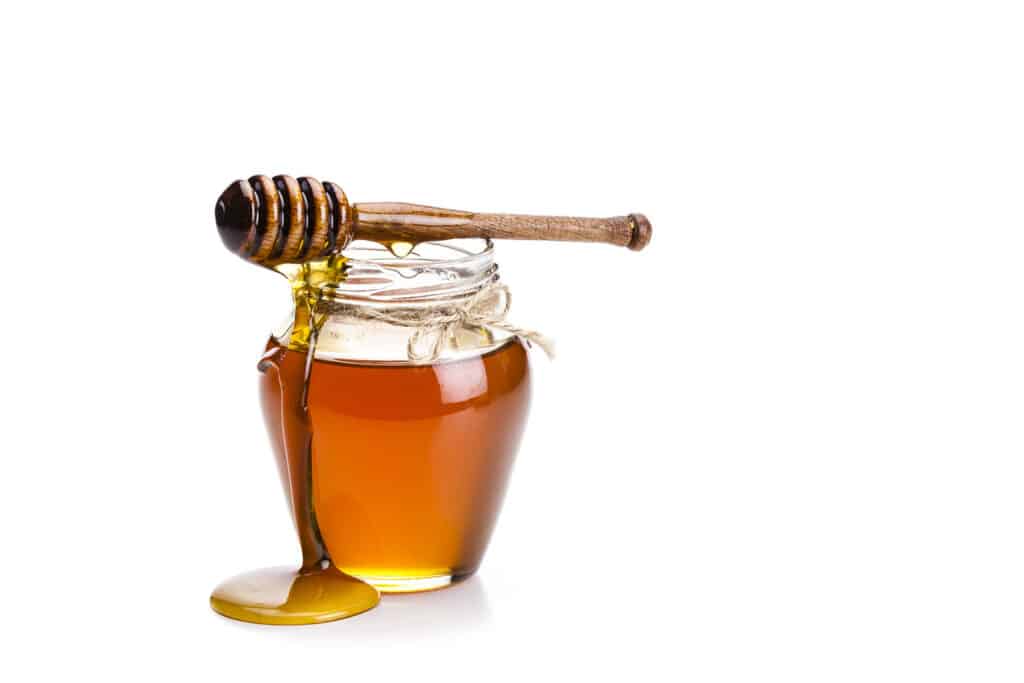
As it is a natural product, honey will alter somewhat over time; however, as mentioned, that does not mean you cannot consume it. The type of changes that you could expect to see in honey are it thickening, becoming a darker color, and its taste and smell altering as well.
You do not want your honey to be fermenting, but the changes that we have mentioned actually indicate to you that the honey is of high quality and is most likely raw and unpasteurized. We shall get to this point shortly, but basically, pasteurization is where honey is processed to destroy natural yeasts.
The honey will resultantly stay smoother for a greater length of time, and it will also remove any natural debris from the comb. However, not everybody favors this process, especially since it does not actually make honey “safer” or purer. It is a process where instead, the honey loses much of its richness.
The expiration date you see on the packaging is merely a guide on how long you should keep the honey before you can expect changes to occur. The date is also there for the store’s convenience, so they have indicators on when to rotate the stock for a newer and fresher batch. Usually, you will buy your honey before this date arrives, but if not, you can rest assured that it is safe.
Is There An Optimum Period During Which To Consume Honey?
Obviously, whenever we consume something, we want to have it when it is in the best possible state, and therefore stores suggest that you should use the honey you buy within the first 12-24 months of purchasing it. This is because honey can crystallize, harden, change its taste and even turn cloudy. It does not mean there are any safety concerns, but rather it will not be prime honey.
How Best To Store Honey
Storing honey could not be easier; all you need is a tightly sealed container (they are usually sold in one), and then you need to keep it in a cool, dry space, out of direct sunlight. So ultimately, if you put it in your pantry or a kitchen cabinet, you should be good to go.
It is best practice to keep the honey in its original packaging, which will usually be glass or plastic. Suppose you have to transfer it to another container for some reason; try to opt for a glass one and avoid metal containers as this can cause oxidization.
Not only do you not need to refrigerate honey, but it is advisable that you do not, as the honey will become thicker and start to solidify. This will make for a challenging task when you want to use it, and you may have to warm it up before using it (do not microwave honey as the container is unlikely microwave safe). If you intend on storing honey long-term, you can freeze it, but you do not need to.
One thing you really want to avoid is exposing honey to moisture (allowing it to get into the container) or heat. It is best to store honey at room temperature and avoid keeping it near any heat-producing appliances such as the stove or on a countertop where it can sit in direct sunlight.
What Should You Do If Your Honey Has Crystallized?
Sometimes honey becomes cloudy and crystallized, but this is not cause for alarm, and it is also not a sign that the honey is no longer fit for consumption. The overall quality of your honey has not deteriorated, and there are solutions to this issue.
Raw honey, so not the type that has been pasteurized, that contains high pollen content is more likely to crystallize, and it will do it more rapidly too. Cold temperatures are often the cause of this problem. Thus our recommendation that you do not place your honey in the refrigerator.
One quick fix that you can use to revert your honey back to a liquid state if it has crystallized is to place the jar in a pot or pan of hot water. Do not overheat the container, though; if it is a plastic container, take longer and keep it at a warm temperature instead of overly heating it. Additionally, excess heat can also change the honey’s color and flavor or caramelize it.
Honey Fundamentals
Honey is a natural sweetener and organic form of sugar that does not contain additives and is light on the stomach, and is even used in medications, balms, and other products. Honey adapts to many forms of food and is suitable for use in beverages, marinades, and to be used for baking. It is made by bees who store it in wax structures known as honeycombs.
Its actual purpose is food storage that bees put away for when the winter season comes around. This is because nectar from flowers is rarely found in some places during this season. And basically, the honey enables bees to stay in the hive during this time and indulge in their hard-earned sustenance.
Honey is an excellent source of fuel to help keep bees warm and give them the energy to generate that warmth, as it is predominantly made up of carbohydrates. The primary sources of the carbohydrates are derived from honey’s rich glucose and fructose content.
Even though approximately 85% of honey is carbohydrates, it is not merely a high concentration of sugar; it also contains nutritional elements such as antioxidants, minerals, vitamins, and enzymes. Some of the vitamins, minerals, and the like, found in honey include B6, magnesium, sodium, potassium, and manganese, among others.
How Is Honey Created?
As we all know, honey is a relatively thick liquid made by bees, and they use nectar from flowering plants to produce it. But there is more to the process than this; in summary, they collect the nectar, regurgitate it, the water evaporates, and with the addition of specific enzymes, we get honey as a result.
The more long-winded answer is that the process starts with the flowers that produce nectar. The bees have a specialized stomach known as the honey crop, designed to combine the nectar with enzymes. The bees then harvest it and return to the hive, where they regurgitate it; enzymatic activity is initiated, and the water evaporates from the nectar.
This process causes the pH levels to become more acidic, and it transforms the nectar’s chemical composition so that it is suitable for extended periods of storage. The bee will repeat the process of transferring the “processed” nectar for approximately 20 minutes, and then the bees in the hive drop what has almost become honey into honeycombs.
The honey is allowed to dry, and then the bees release a secretion from their abdomens which seals the honey in the comb. The substance then hardens into beeswax, secures the honey in the best possible means of storage, and offers the optimal conditions for it to be kept until it is needed come winter.
What Is The Difference Between Raw And Processed Honey?
One thing that you should look for when purchasing your honey is whether it is raw or processed honey. This is important as it could mean the difference between you gaining or missing out on the health benefits of honey.
The processed honey undergoes pasteurization (this is done to other products such as milk). It treats the honey by heating it to just less than 212, usually 158 degrees Fahrenheit ( less than 100, usually 70 degrees Celsius). It is performed with the intention of removing pathogens and aiding the extension of shelf life.
After the honey has been heated, it is then rapidly cooled, and the honey does tend to offer a more appealing appearance; however, what this process also does and why many people prefer raw honey is that it destroys the antioxidants, beneficial bacteria, vitamins, and minerals.
Uses of Honey
Honey has a vast array of uses. You can put it to use in many ways in the kitchen, from putting it on toast to pouring it over cooked apples. Mixing it in beverages such as tea is delightful, and you can use it to sweeten plain yogurt. Honey also has practical uses such as being a cough remedy, aiding in averting sore throats, and even as a lip balm.
When Was Honey First Discovered?
Some of the oldest written records, that we still have today, date back to 2100 B.C., and even then, honey was harvested and consumed. It was mentioned in the Hittite code, writings from Egypt and India, and even in cuneiform writings from Sumeria and Babylon. The word we use today for it, derives from the English “hunig” and it was the first sweetener that we discovered and used.
What Does Honey Taste Like?
Honey is an extremely sweet food; it is sticky and has a reasonably high viscosity. Depending on the type of flower nectar used by the bees and the area the hives are based, the honey will taste slightly different. Sometimes it can have a fruity, woody, or even floral taste. If you are interested in discovering the potential differences, purchase honey from other places and taste test them.
Conclusion
Honey is a delicious treat and something that you will find the majority of people enjoy. But something so good has to have an expiration date to it, right? Thankfully not. Honey, raw or pasteurized, can keep for years and years to come. Yes, it is better to consume it sooner rather than later, but in essence, honey is a food product that will not spoil, and you can always enjoy it.
References
https://www.wellandgood.com/moon-tea-recipe/
https://www.thespruceeats.com/honey-history-1807611
https://www.allrecipes.com/article/does-honey-go-bad/
https://blog.publicgoods.com/how-to-store-raw-honey-prevent-crystallization/
https://www.insider.com/guides/kitchen/does-honey-go-badhttps://www.healthline.com/nutrition/does-honey-go-bad#TOC_TITLE_HDR_6
